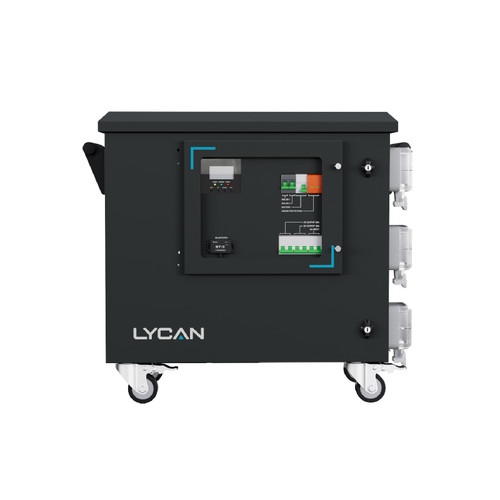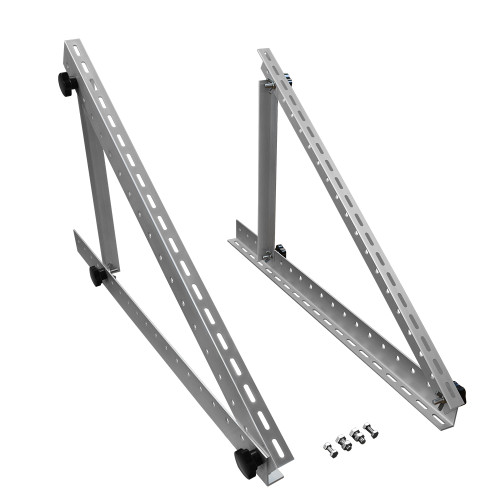Yossarian
New Member
Greetings all - new member here. My search of the forum was unsuccessful in turning up much helpful information (possibly due to user ignornance rather than actual lack of information), so apologize if this has been covered in previous threads. In basic terms, I'm looking for some ideas for mounting solar panels on a utility trailer.
The background here is that we have a small vacation house in the eastern mountains of PA that often has power outages, the vast majority of which are of fairly short duration. I'm planning to add a 48v battery generator system to help us during the outages. I considered building this portable system suggested by Will, but have tentatively settled on purchasing the Renogy Lycan instead. While Will's system would work for our application and is pretty cost effective, the Lycan has the advantages of being plug and play, compact and most importantly, housed in a weatherproof container. It's also presently available at discount that makes only about a third more than Will's mobile system.
Though most outages are short, I'd like to be able to re-charge the Lycan when the grid is down for an extended period. This means solar and while I'd like to add PV panels to the house itself, HOA restrictions make this close to impossible (the necessary tree removal is prohibited). My thought instead is to put the panels on a small utility trailer with a tilting rack. This would allow me to position the array at the sunny places on the property and tilt the panels as needed. The Lycan has connections for solar input, but requires a PV array that can supply at least 60v (145v max), so multiple higher voltage panels will be needed.
My thought is use an inexpensive utility trailer like this one from HF, with several panels mounted longitudinaly on a frame that can tilt as needed. I'm sure that more than a few DIYers have done a similar project, and it would be great to have some info on how those builds went. Any and all information and suggestions greatfully welcomed
The background here is that we have a small vacation house in the eastern mountains of PA that often has power outages, the vast majority of which are of fairly short duration. I'm planning to add a 48v battery generator system to help us during the outages. I considered building this portable system suggested by Will, but have tentatively settled on purchasing the Renogy Lycan instead. While Will's system would work for our application and is pretty cost effective, the Lycan has the advantages of being plug and play, compact and most importantly, housed in a weatherproof container. It's also presently available at discount that makes only about a third more than Will's mobile system.
Though most outages are short, I'd like to be able to re-charge the Lycan when the grid is down for an extended period. This means solar and while I'd like to add PV panels to the house itself, HOA restrictions make this close to impossible (the necessary tree removal is prohibited). My thought instead is to put the panels on a small utility trailer with a tilting rack. This would allow me to position the array at the sunny places on the property and tilt the panels as needed. The Lycan has connections for solar input, but requires a PV array that can supply at least 60v (145v max), so multiple higher voltage panels will be needed.
My thought is use an inexpensive utility trailer like this one from HF, with several panels mounted longitudinaly on a frame that can tilt as needed. I'm sure that more than a few DIYers have done a similar project, and it would be great to have some info on how those builds went. Any and all information and suggestions greatfully welcomed





